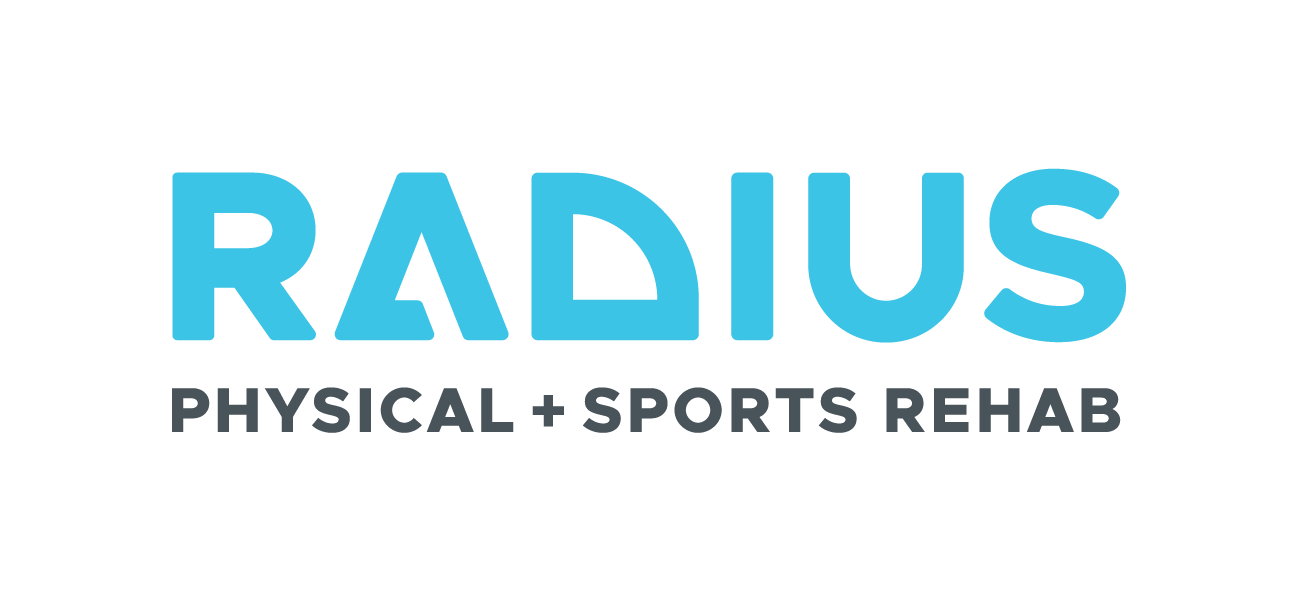Post-Surgical Rehabilitation
You just got out of the hospital. Your operation went well, no complications. What do you do now?
If you just had your meniscus repaired, you’re going to need rehab. If you had a hip replacement, you’re going to need rehab. If you had your rotator cuff tear fixed, you’re going to need rehab… We think you're getting the idea. The question that gets asked commonly is: “Why, though?”
Post-operative rehabilitation is utilized for two reasons:
To create strength, reduce unnecessary scar tissue, and increase range of motion to the area that underwent the surgery. For example, if you had your ACL reconstructed or repaired, most likely you will have a significant decrease in knee flexion and/or extension. Rehab is used to regain that range of motion and strengthen the muscles surrounding the knee.
The second important reason for rehab is to fix any biomechanical dysfunctions that may be unknowingly present. These, a lot of times, can be a major contributing factor for the injury in the first place. If you have less than stellar hip stability, the knee then takes on an abnormal load. This abnormal load, combined with an awkward movement, can lead to a ruptured ACL. Sure, the surgery fixed your ACL, but what are the chances of re-injuring that ligament? If you return to your activity/work/hobby, without addressing all of the biomechanical factors at play, then we would say there is a good chance of re-injury. Thus, all biomechanical issues must be addressed when it comes to post-surgery rehabilitation.
With all that said, we can confidently say that most all outcomes of musculoskeletal procedures significantly benefit from some form of postoperative physical rehabilitation. You may recognize some very common procedures that we treat with post-surgical rehab:
Ankle reconstruction
Knee replacements
Meniscus repair
ACL reconstruction/repair
Hip replacement
Lumbar fusion
Rotator cuff repair
Shoulder replacement
The views expressed in this article intend to induce conversation. This article is not, nor is it intended to be, a substitute for professional medical advice, diagnosis, or treatment, and should never be relied upon for specific medical advice. Ask your doctor about any issues you may have.

